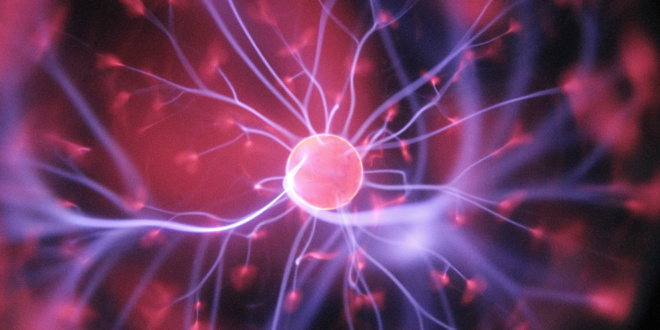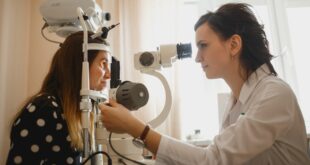Our bodies are made up of cells. Each cell contains a nucleus and inside the nucleus of most of our cells, there are two sets of the human genome. Each genome is like an instructional book written in an unknown language. Scientists do not understand this language but they do know that a genome has 23 chromosomes and each chromosome is thought to have 30,000 – 80,000 genes.
When genes become active they make thousands of proteins. These proteins make up cells, hair, muscles and many other substances. For every action in the body, proteins are involved and genes regulate these proteins. Normally, genes are copied when making new cells. At times, they may not be copied exactly as the original. Usually, this is harmless to our bodies but on occasion these changes may cause a disorder in the body.
The Impact of Diet
Scientists know that the impact of diet on genes and disease is quite complex. For example, looking at our genes can help determine if we are at risk for heart disease. But even if we are, will a low fat diet help us or hurt us? Another complex connection is our diet and Type II diabetes. There are many genes controlling or influencing blood sugar levels, insulin, and even the movement of glucose (blood sugar) into the cells.
The way a disease works in our bodies can be influenced by something called gene expression. This refers to the strength of a gene. If two people have the similar lifestyles and genes that cause heart disease, one person may have little or no symptoms because the genes express themselves mildly. The other person may have severe symptoms because the genes express themselves strongly.
Still Much to Uncover
With today’s technology, scientists have discovered some of the mysteries concerning our genes, but there is still much to uncover. One of the important questions that remains unanswered is how will this new information affect us. On one hand, we can be tested to find out if we carry the gene for a specific disease. If we do, we can change our lifestyles to get rid of or minimize the symptoms. On the other hand, we can respond in fear and go overboard to correct a genetic issue including following the wrong advice.
Another issue that some fear is that people who carry certain genes may experience discrimination. They may pay more for health insurance or may not get a job. Be on the look out to see how these issues will be addressed.
Genes are not the only factor that affects our health. The environment, choices, foods, exercise and other factors can impact our health. Genes are only one piece of the healthy puzzle.
1. Ridley, M. Genome. Perennial: 1999.
2. www.ornl.gov/sci/techresources/Human_Genome
Pamela Williams writes from Southern California.
© 2002 - 2026, AnswersForMe.org. All rights reserved. Click here for content usage information. Answers for Me Support & encouragement for every-day life
Answers for Me Support & encouragement for every-day life



